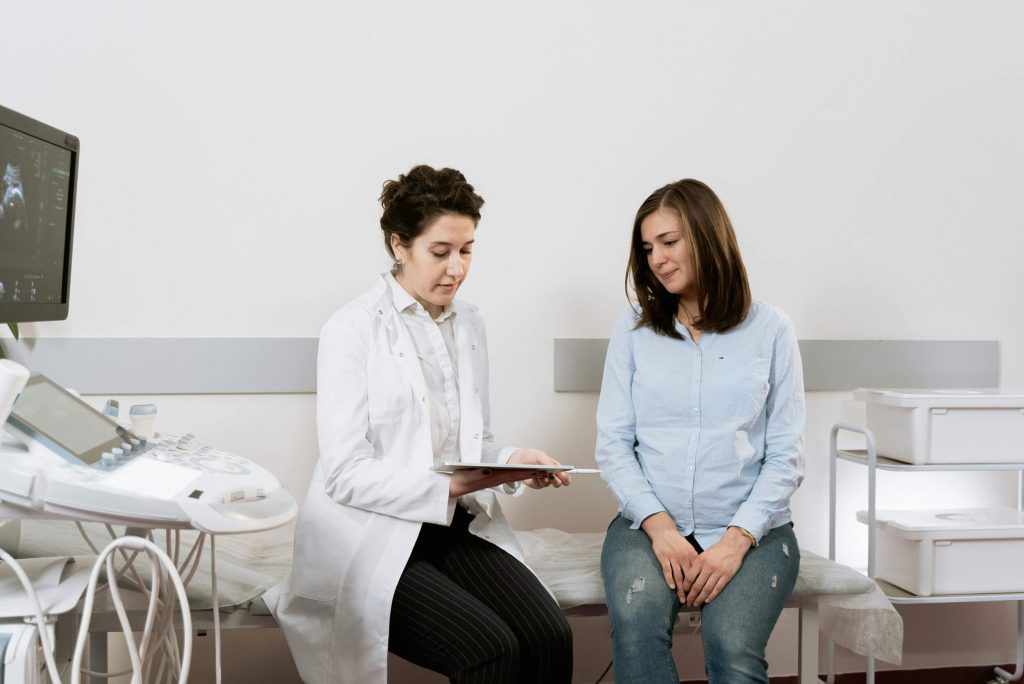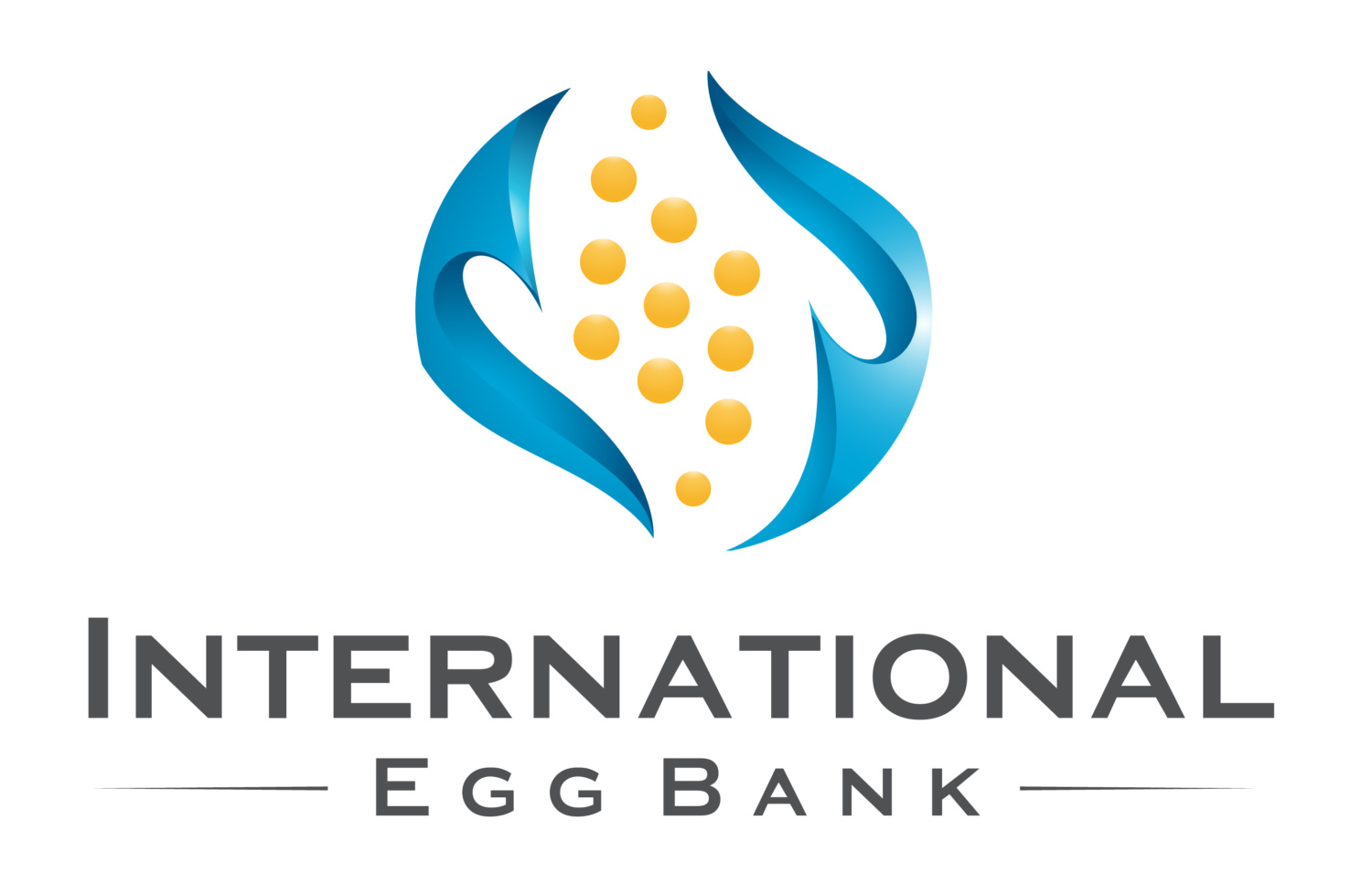Surrogacy
Supporting your surrogacy journey
International Egg Bank is your egg expert so you can build the family you want, when you want to.
What is surrogacy?
Surrogacy involves using a gestational carrier, who will become pregnant and give birth to a baby for another person or couple who want to have a child.
Examples of medical conditions that might make surrogacy necessary include absence or structural issues with the womb, recurrent pregnancy loss, or repeated unsuccessful IVF treatments.
Surrogacy is also required for male same-sex couples or single men who need a surrogate to carry their baby.
Surrogacy treatments available at The Evewell
The types of surrogacy arrangements available to you and what you choose will depend on your personal circumstances. The Evewell only offers gestational surrogacy, this is where there is no genetic connection between the baby and the surrogate. We do not offer straight surrogacy.
Creating embryos for Surrogacy - I have my surrogate
Where the intended parent(s) will undergo IVF using their own egg and sperm, or using either donor eggs or sperm.
Intended parent(s) and surrogate will undertake their screenings and treatment preparations in parallel.
Creating embryos for Surrogacy - I don't have a surrogate yet
Where the intended parent(s) will undergo IVF using their own egg and sperm, or using either donor eggs or sperm.
All screenings and pre-treatment preparation are undertaken for the intended parents at this point. Meaning all requirements for the embryos are met pre-emptively so fewer steps are required when a surrogate is identified.
Using previously created embryos, I have my surrogate
Where embryos already created are transferred into the surrogate via a frozen embryo transfer cycle.
Depending on which requirements have been previously met, further screenings and pre-treatment preparations will be undergone by the intended parents and surrogate.
Important things to understand
There are a number of important requirements and considerations before you commence your surrogacy treatment.

Counselling and support
Discussions with a counsellor are required for you, your partner if you have one, your surrogate and their partner if they have one, and then everyone together.
There are lots of emotional and practical considerations around surrogacy that need to be discussed, and individuals and couples have indicated that counselling is very helpful in identifying areas they hadn’t previously considered.
The final joint session between all parties will include discussions around the agreement between the surrogate and intended parent(s).

Independent legal advice
Surrogacy is legal in the UK. However, it is important to note that a surrogacy agreement is not enforceable by law.
When the child is born through surrogacy, the surrogate and her spouse / legal civil partner will be the child’s legal parent(s) at birth until this right is transferred to the intended parent(s) by parental order after the child is born.
Therefore, we strongly advise you seek independent legal advice before seeking a surrogate arrangement.
This will be discussed in your initial consultation with your fertility specialist, and we will support you through any required documentation.

Minimising risk
All parties have to undergo mandatory screening tests.
They help to ensure that infection risks are minimised for everyone and that some common genetic risks are identified if they’re present.
Overall, these tests are undertaken to protect the welfare of everyone involved in the surrogacy arrangements and importantly in any child that may be born. For details of the tests required for surrogacy arrangements, please contact the clinic.
An individualised requirement table will be provided at surrogacy consultation appointments.
Helping you build a family
Your surrogacy journey at The Evewell
You will have a dedicated surrogacy team at The Evewell. Surrogacy is a unique fertility experience and one that requires extra care and attention. There is a lot of information to take on board and legal documentation to complete, but we recognise this, and so we have created a team of experts to help you and your surrogate through your journey.
As the intended parent(s), your first initial consultation will be with one of our surrogacy specialists, who will review your medical history, and talk through which treatment is most appropriate for you.
They will also request the external documentation required, as well as discuss the responsibility you have to seek full professional legal advice, and the additional support you will require from our counsellor.
Nurse Consultation One
Once you as the intended parent(s) and the surrogate are ready to start your treatment, you will all attend an Initial Surrogacy Nurse Consultation. This is to discuss the internal and external requirements before the treatment cycle can commence.
Nurse Consultation Two
In this where the treatment cycle will be planned, the consent discussed, treatments explained, how it is coordinated, the estimated timings and procedures, and any legal and HFEA documentation required.
Please note, there may be several weeks between these two consultations as it takes time to receive the results of screenings, gather all documentation and have all parties attend the necessary appointments.
It is a requirement to attend three counselling sessions before the treatment cycle can commence, so that all parties can reflect on all the practical, ethical and legal aspects of the proposed treatment. The first counselling appointment must be attended by the surrogate (and their partner if applicable). This second counselling appointment must be attended by the intended parent(s) alone. The third and final appointment is to include both the intended parent/s and surrogate (and their partner if applicable).
Once all pre-treatment requirements have been met, the patient pathway will follow exactly the same as any other IVF or FET treatment cycle, with the difference of you as the intended parent(s) attending appointments such as baseline scans, blood tests, embryo transfer events etc.
There are some appointments where the surrogate is encouraged to attend by themselves, so they are able to ask any questions freely.
Prior to treatment commencing, you would have had conversations and signed consent forms as to what information about the surrogate’s treatment will be shared with you, and vice versa.
Where do i start?
Finding a surrogate
Couples or individuals are not allowed to advertise for surrogates, nor are surrogates allowed to advertise their services. However, there are introduction agencies that can help with practical advice and support.
- We recommend
- List Item #2
- List Item #3
Glossary of terms
This is the person or couple that want to have a child through surrogacy. The child must have a genetic connection to at least one of the intended parents.
This is the surrogate’s partner, if they have one. If the surrogate is married, this person will have legal responsibilities to the child and as such will need to attend some appointments.
